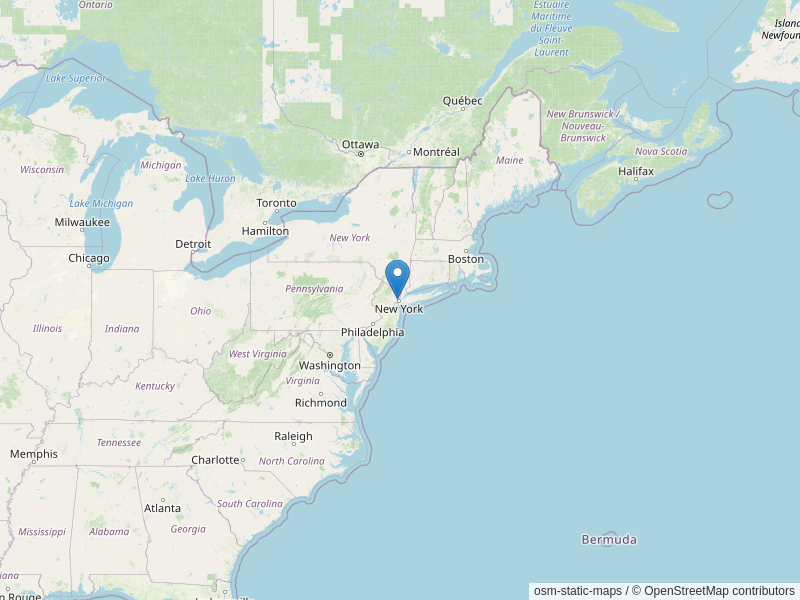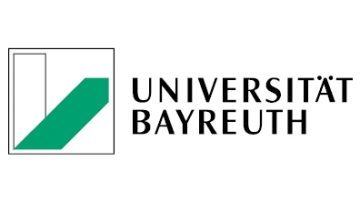PPP Programs for Project-Related Personal Exchange: Promoting international mobility of researchers
The German Academic Exchange Service (DAAD) operates the program “PPP Programs for Project Related Personal Exchange” from the budget of the Federal Ministry of Education and Research (Bundesministerium für Bildung und Forschung – BMBF). The group of PPP programs currently consists of 33 individual bilateral programs based on agreements with foreign partner organizations or governments.
The PPP programs aim at strengthening the academic relations between a German institution and an institution abroad. Joint bi-national research projects of a high academic standard aim to promote cooperative and complementary research activities and will enable particularly young academics involved in the project to conduct a research stay at the partner institution abroad, which will serve to support them in their international research and training.
For the purposes of these programs, young academics are defined as junior researchers currently completing their doctorate degree as well as academics at the outset of their academic careers who completed their doctorate no more than five years ago.
More information on the program is available at www.daad.de/ppp.
German universities, institutions of higher education, and research institutions are eligible to apply for PPP funding to support research stays in the partner country for the purpose of project-based collaboration.
DAAD allocates a fixed-amount to the German universities, higher education institutions and research institutions.
For the maximum available funds per funding year, see country-specific information in Appendix 1 on the German-language only website for the PPP here; the funds are based on agreements with the foreign partners.
PPP funding covers the following project-related expenses:
• Mobility of the sponsored participants
• Residence abroad of the sponsored participants
German universities, higher education institutions and research institutions receive lump sum allowances for the project-related research stays of their team members.
The allowance covers all expenses within the scope of mobility and the stay of the participant.
Short-term stays of academics (up to 30 days) and young academics (up to 50 days) are eligible for funding.
On the German side, DAAD provides funding for members of the German research group for stays at the foreign partner institution if no other arrangement was made with the foreign partner institution.
The funding allowances set at the time of the call for applications apply for the entire project period.
The total funding period for a project is generally 2 years. Funding can be extended for a further year with some countries, see country-specific information in Appendix 1 (in German language only) on the daad.de website here.
The program is open to all disciplines; for country-specific exceptions see Appendix 1 (Anlage 1), available in German only here.
Graduates, doctoral candidates, doctorate holders, professors, lecturers, if not otherwise specified in agreements with the foreign partner.
An application must present a specific academic research project of high quality, on which the partners from Germany and the foreign partner country intend to work together in an ideally complementary manner.
The German application and the funding application of the foreign partner institution must be submitted simultaneously, if not otherwise agreed for the specific country. Applications submitted by only one party will result in exclusion from the selection procedure.
Applications must be submitted in German or English, see templates in Appendix 3 (Anlage 3), available in English here.
Applications in German or English must be complete and submitted within the deadline exclusively via the DAAD online portal at https://portal.daad.de/irj/portal.
To ensure swift and smooth processing of your application documents, please upload attachments to your application in the form of PDF files only.
Please upload the following attachments:
• Comprehensive project description, available for download here
• Academic profile / CV of the German project leader (up to three pages)
• Academic profile / CV of the foreign partner institution
• Project-relevant list of publications by the German partner institutions in the last five years (up to four pages)
• Project-relevant list of publications by the foreign partner institution in the last five years (up to four pages)
• Brief CVs of further confirmed project participants at the time of application, if applicable (up to three pages)
For application documents and information see Appendices 3 and 4 (in German) here.
Application deadlines vary by country, see country-specific information in Appendix 1 here.
A commission of senior academics in various disciplines will determine whether funding is awarded.
Key selection criteria include:
• Knowledge transfer between research group in Germany and re-search group abroad
• Added value (subject-related, institutional, interdisciplinary) through cooperation with the non-German partner
• Appropriate involvement of young academics
• Scientific quality of the project (clarity of the project objectives and methodology)
• Scientific status of the project (topicality and degree of innovation)
• Feasibility of the research project (including in particular: basic financial security, preliminary work and appropriate planning of reciprocal visits)
• Project-relevant competence of both research groups
• Complementarity of research groups in the joint project (with regard to methodology, content, instruments etc.)
• Scientific and potential industrial usability of project results
Deutscher Akademischer Austauschdienst
German Academic Exchange Service
Department P 33 – Project Funding for German Language, Alumni Projects, Research Mobility (PPP)
Kennedyallee 50
53175 Bonn
Contact for Australia, Canada, USA
Martin Müller
E-mail: m.mueller[at]daad.de
Telephone: +49(0)228 882-8330
Contact
-
DAAD USA
Regional Office New York
871 United Nations Plaza New York, NY 10017 Telephone: +1 (212) 758-3223













